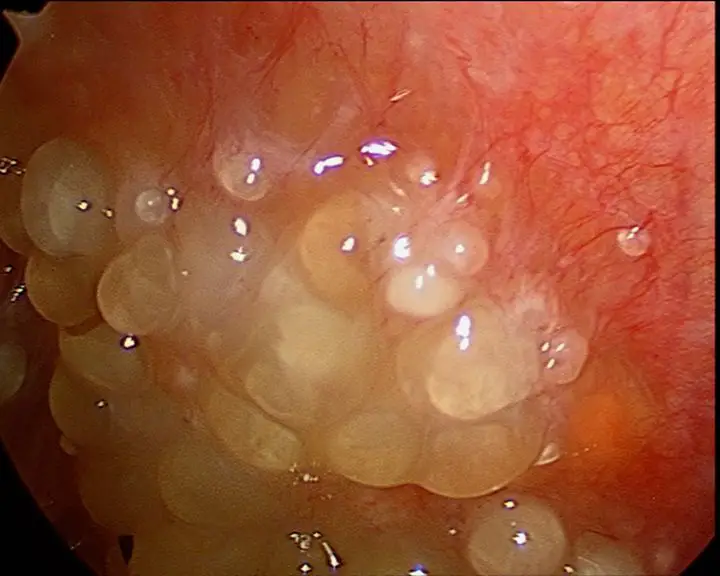Is Peritoneal Cancer Surgery the Best Treatment for Peritoneal Cancer?

Peritoneal cancer is one of the rarest kinds of cancer to occur in Singapore. It is estimated to affect approximately six people out of 1 million. Peritoneal cancer develops in the peritoneum, which is a very thin layer of tissue that lines the organs and produces a special fluid which allows the organs to move smoothly in the body. Many people think that peritoneal cancer is the same thing as stomach or intestinal cancer. According to Thomas Ho, complications due to this disease may, however, be severe, needing dedicated medical care. The complications may include urinary tract and bowel restrictions. Depending on your condition, you may sometimes need a stoma to manage the bowel obstructions and a stent or nephrostomy tube to manage urinary tract obstructions.
What Causes Peritoneal Cancer?

There isn’t detailed information on what causes peritoneal cancer. However, most doctors believe that old age is one of the significant risk factors for this disease. Having a history of breast or ovarian cancer may also be a risk factor for peritoneal cancer. It is important to note that this cancer has striking similarities with ovarian cancer, but it is still possible to get it even if you have your ovaries removed. It usually affects the organs’ surface inside the peritoneum but may affect anywhere in the abdominal space. Symptoms of peritoneal cancer also have a striking resemblance to ovarian cancer. They may include;
- Abdominal pain
- Abnormal vaginal bleeding
- Feeling full even when you’ve taken a light meal
- Rectal bleeding
- Loss of appetite
- Constipation
- Shortness of breath
- Nausea or diarrhea
- Frequent urination
During the early stages of the disease, detecting it may be difficult mainly since these symptoms are usually unclear at the most initial stages. In diagnosing peritoneal cancer, your doctor will inquire about your symptoms, review your medical history, and most importantly, conduct a physical exam, which will involve checking for abnormalities in the areas that are more likely to be impacted by the disease. These may include;
- The bladder
- Uterus
- Stomach
- Colon and rectum
- Fallopian tubes
- Ovaries and
- The vagina
How is Peritoneal cancer diagnosed? There are many different tests which a doctor might use in order to diagnose whether or not you have peritoneal cancer. Usually, an ultrasound is often used as a first line non-invasive diagnostic method. Your doctor might also get you to do a CT scan. This is a technology which can produce detailed images of inside your body. Barium enema is also one possibility. This will mean that on an X-ray, your colon and rectum and intestines can be outlined. This will mean that any irregularities such as any form of growths or tumors can instantly be investigated by the surgeon. Finally, a biopsy could be recommended. This is where specific tissue cells are removed from your body and tested in a lab to detect whether or not any of those cells are cancerous.
Can Peritoneal Cancer be cured?

Even though peritoneal cancer is majorly diagnosed late, there have been instances of significantly reduced disease intensity. There are essential factors linked with better survival rates. These may include having an optimal or a complete cytoreduction surgery, not having cancer in the lymph nodes, or having full hyperthermic intraperitoneal chemotherapy.
Peritoneal Cancer Surgery
In peritoneal cancer surgery, cytoreduction/debulking is majorly preferred. In this surgical procedure, the aim is usually to eliminate most cancer; however, it is often not easy to eliminate all cancer. As a general rule, it is prudent that a gynecologic oncologist operates with you when having a peritoneal surgery. Studies point out that you’re more likely to get more pleasing outcomes if you’re operated by subspecialists than when operated by a general surgeon. Importantly, it would also be better if your gynecologic oncologist has experience managing peritoneal and ovarian cancer. In this procedure, your surgeon will remove the uterus through a process known as hysterectomy. They will also remove fallopian tubes, ovaries, and the site where the cancer is located in the peritoneum. They may also perform omentectomy, which is the surgical removal of the fatty layer of tissues surrounding the intestines, also known as the omentum. They may also remove the appendix and surrounding lymph nodes. However, this may only be necessary depending on how extensive cancer has spread and the area it is located in the peritoneum. By removing most cancer tissues, medical health specialist believe you may get a boost in your chances of survival from peritoneal cancer. Reducing the number of cancerous tumors in the peritoneum may also make chemotherapy more effective. Chemotherapy is usually most effective when there are fewer tumors left in the abdomen. With the optimal cytoreductive surgery, most of the cancer areas in the abdomen are removed. You may get chemotherapy during the peritoneal surgery, after the surgery, or chemotherapy alone to manage widespread tumors.
After the peritoneal cancer surgery, you can expect a hospital stay during your recovery period. Alternatively, you may also proceed with the recovery at home. In most cases, though, patients have more than seven days of post-op stay. During this period, the doctors may administer chemotherapy as a form of curative care. You should also expect to eat after an extended period following your surgery. This is majorly influenced by how fast your intestines recover from the chemotherapeutic stress and surgical procedures. Ideally, the doctors may recommend IV nutrition to keep your nutrition in check. After being discharged from the hospital, you should also expect another 14 to 21 days of recovery, which will also largely depend on how fast your digestive system recovers.

Find a Top Peritoneal Surgery Clinic
A dedicated peritoneal surgery clinic leverages the power of high-end technology and dedicated multidisciplinary teams experienced in managing this disease to deliver exceptional results. Don’t let this rare disease deny you peace of mind.
